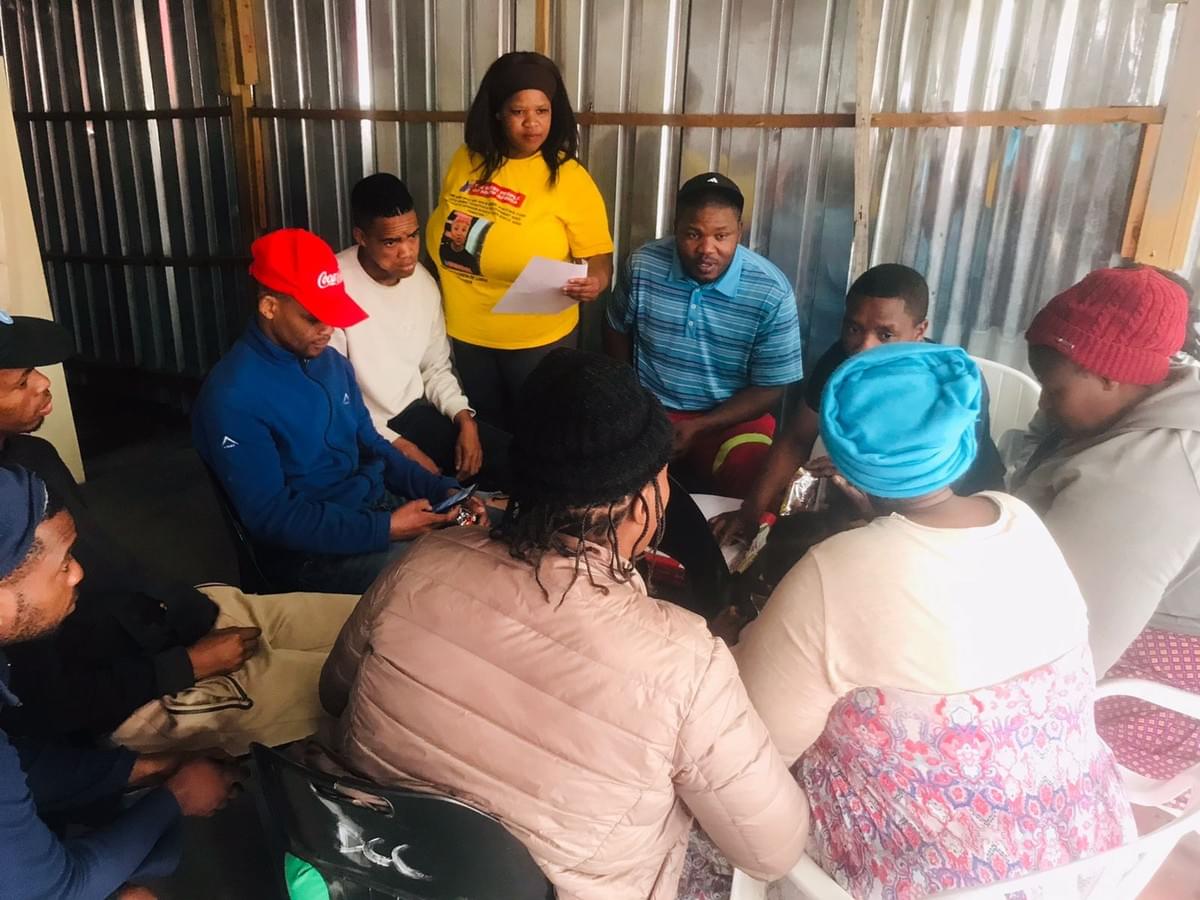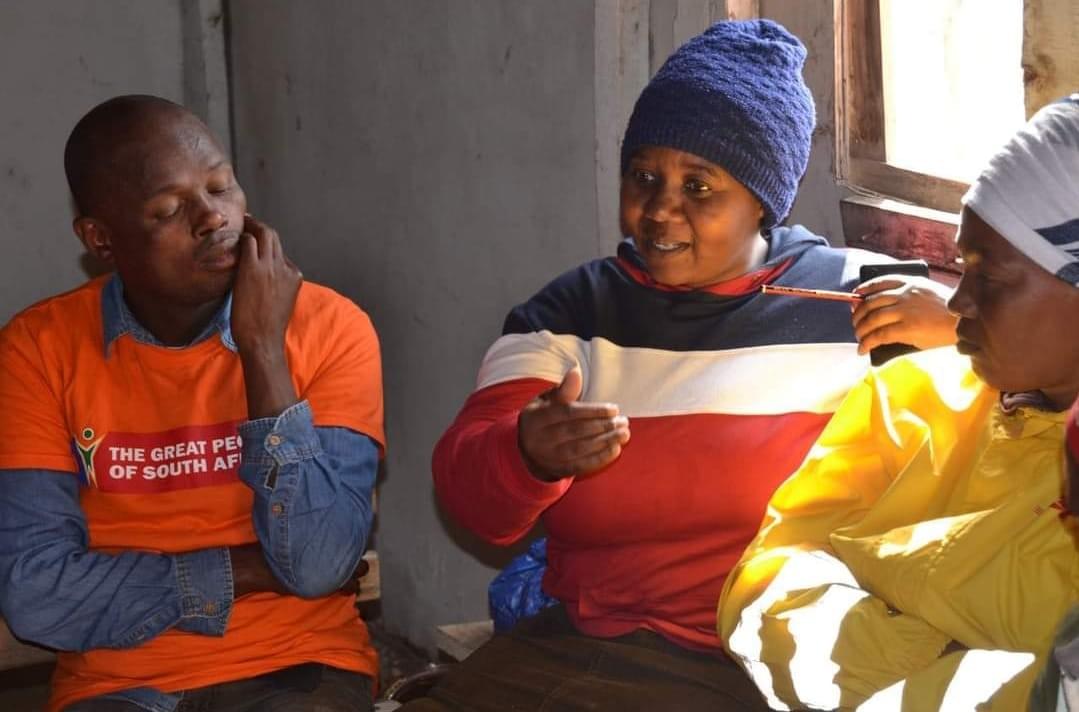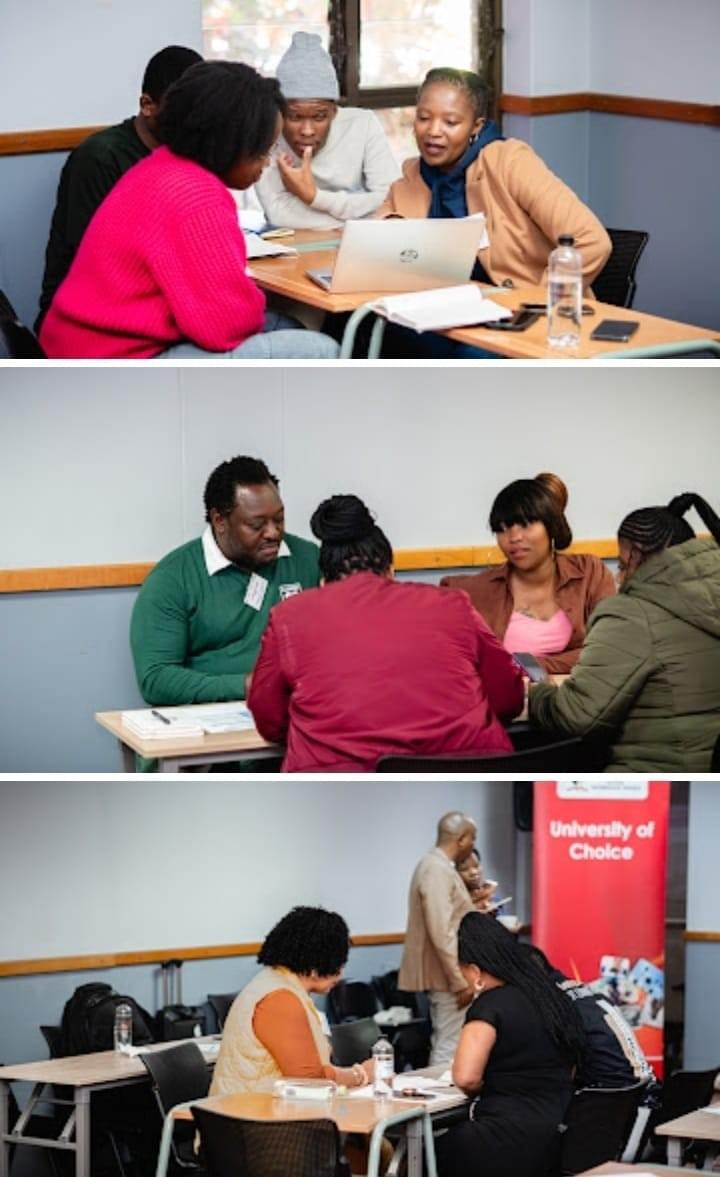
There was a time when speech itself was a form of rebellion. When the Xhosa people created a playful, yet strategic code called Isidubada, a language designed not merely to entertain, but to confuse those who listened with ill intent.
It was a tool of survival. Through Isidubada,our ancestors could talk about serious matters under the watchful eyes of enemies and outsiders. It was the art of saying everything while revealing nothing. They would mix words, bending the structure of isiXhosa until meaning folded upon itself.
A simple phrase like “uthini?” what is he or she saying? could transform into “uthidinidi,” or in its English-mixed form,“iswhathidisediyidinidi.” Another perfect example is how one would writemy name, which is Zintle but in isidubada its written Zidintlede.
It sounds nonsensical to the untrained ear, but to those who understood the rhythm, the message was clear. The beauty of Isidubada lay in its deliberate confusion, its playfulness masking defiance. It was the language of resistance disguised as mischief.
Similarly, in the mines of apartheid South Africa, a linguistic hybrid known as Isifanakalo emerged — a tongue that blended Zulu, Xhosa, Sotho, Afrikaans, and English into one. Born out of necessity, it allowed Black miners from different ethnic backgrounds to communicate while keeping their conversations unintelligible to white supervisors and spies.
This was not simply communication — it was coded survival. Words became shields; syntax became subversion. In both Isidubada and Isifanakalo language ceased to be a passive tool. It became a strategy, a weapon, and a sanctuary. In moments of surveillance and danger, these tongues gave people the freedom to speak without being understood.

Today, as backlash against human rights, feminism, and bodily autonomy grows louder across the world, we find ourselves once again in need of such linguistic courage. Around the globe, right-wing movements are reclaiming and distorting the very language of liberation. The feminist slogan “My Body, My Choice,” once a rallying cry for women’s autonomy and reproductive justice, has been twisted into mockery.
Anti-human rights groups, emboldened by political populism, have turned the phrase into
parody. In some parts of the world, conservative commentators chant “Your body, my choice” as a taunt — a misogynistic inversion meant to humiliate women who dare to claim authority over their bodies.
During the COVID-19 pandemic, anti-vaccine movements in the United States and Europe co-opted “My Body, My Choice” for their protests, stripping it from its feminist origins and repackaging it as a libertarian slogan against public health.
This manipulation of language, taking words of liberation and turning them into tools of ridicule reveals how power functions in our era of backlash. When they cannot silence us, they mimic us. When they cannot defeat the truth, they distort it.
It is a reminder that the battle forjustice is also a battle for meaning. Every slogan, every word, every hashtag
can be captured, twisted, and reused by those who fear progress. That is why we must return to our ancestral wisdom — to the secret tongues that taught us how to survive surveillance.
Perhaps the time has come to resist again through language. To create new Isidubadas for the digital age, new coded tongues that the algorithms cannot predict and the oppressors cannot decode.

Imagine a world where our hashtags carry riddles, where our campaigns are layered in double meanings, where our activism is not just loud but linguistically untraceable. Imagine turning “My Body, My Choice” into something un-mockable because its very grammar refuses to be tamed. Language, once again, can become our shield, flexible, poetic, and insurgent.
In June 2025, during Youth Month — a time to honour those who fought for the right to speak, learn, and live freely — I had the honour of attending an extraordinary gathering at the University of KwaZulu-Natal’s Edgewood campus.
The event, hosted by the University Language Planning and Development Office and guided by the steady leadership of Dr. Wababa and Professor Maphumulo, with the brilliant Mr. Njabulo Manyoni as programme director, was devoted to celebrating and safeguarding our Indigenous languages.
I attended the sessions through the warm invitation of Dr. Phephani Gumbi, an invitation that felt like a spiritual calling more than an academic courtesy. The gathering pulsed with energy. There were scholars, poets, linguists, and young people who understood that language is not just about communication — it is about power, identity, and belonging.
Each conversation felt like a bridge between the past and the present. We were not only harmonizing acronyms for Indigenous languages — we were harmonizing memory itself.
The event reminded me that to protect a language is to protect the worldview that gave birth to it. Acronyms may seem like small things, technical things, but they shape how our languages live in systems, how they appear in research, in schools, in policy. The conversation was not just administrative; it was deeply political.

It was about reclaiming our visibility in institutions that for too long treated Indigenous tongues as “other.” Sitting there, I thought about the ancestors who spoke Isidubada and the miners who whispered in Isifanakalo. I thought about how those coded tongues were, in fact, early forms of data protection, encryptions before encryption existed.
And I realized that in this modern world of backlash and surveillance, we are being called to continue their work: to speak in ways that protect us while connecting us.
WhenI left Edgewood that day, I carried with me a profound understanding that resistance begins in the mouth, in the way we form words, in the sounds we refuse to surrender. Our ancestors taught us that freedom often begins with speech, but speech that confuses the oppressor and enlightens the oppressed. To
resist backlash today is not only to raise our voices, but to design them anew. (see blog link attached)
Comrades, Let us create a twenty-first-century Isidubada, one that blends our languages, our digital activism, and our inherited cunning. Let us speak in tongues that move like smoke through the cracks of control. Let our words be unpredictable, humorous, uncolonisable.
The world is full of ears listening for our downfall — governments, trolls, algorithms, and ideologues waiting to twist our truths. Let them listen. Let them try to translate.
We will speak in riddles they cannot master. Like our grandmothers who hid rebellion in laughter, like the miners who encoded dreams in borrowed words, we too shall invent. Because to speak is to survive. To confuse is to protect. And to reimagine language is to reclaim power itself.

